Receive our newsletter
Your e-mail address is only used to send you our newsletter and information about the activities of Strasbourg Europe. You can always use the unsubscribe link included in the newsletter.
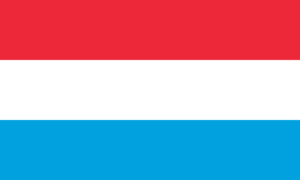
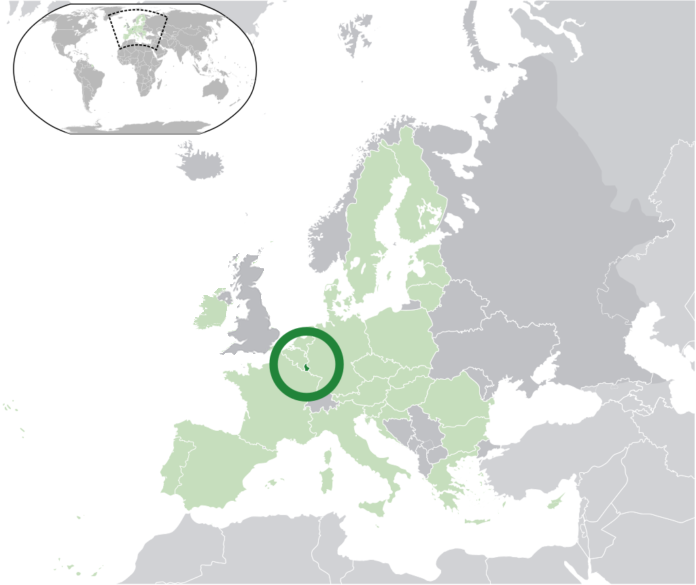
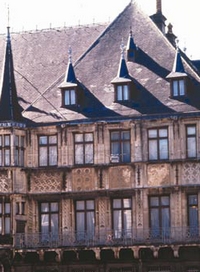

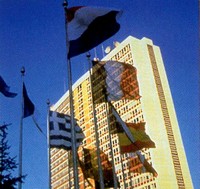
Vue to Luxembourg © Tourist Office Luxembourg
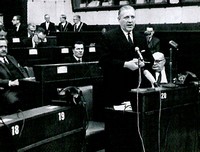
Pierre Werner
© European Commission
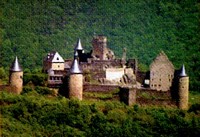 Coveted over the centuries by major foreign powers, the Grand Duchy of Luxembourg found it necessary to build many castles. Of the 109 castles listed in the Middle Ages, 76 have stood the test of time and are in various states of repair. From both a historical and touristic point of view, the most interesting of these are the castles of Beaufort, Bourglinster, Bourscheid, Clervaux, and Vianden. The castle of Beaufort was built around 1200. Its ruins are spectacular and well-maintained, located in an attractive setting. The castle of Bourglinster is built on a rocky spur, at a height of 350 meters. The castle of Bourscheid, the largest of the country, is located between the Rhine and the Meuse. In 1430, the great outer wall was added, with its many towers. The medieval castle of Clervaux is also well worth a visit. Built in a winding valley, this feudal castle dates from the 12th century. The castle of Vianden was one of the largest and finest feudal residences in Europe during the Romanesque and Gothic periods. For anyone keen to get back to the days of knights in shining armour, nothing can rival a stay in Luxembourg!
Coveted over the centuries by major foreign powers, the Grand Duchy of Luxembourg found it necessary to build many castles. Of the 109 castles listed in the Middle Ages, 76 have stood the test of time and are in various states of repair. From both a historical and touristic point of view, the most interesting of these are the castles of Beaufort, Bourglinster, Bourscheid, Clervaux, and Vianden. The castle of Beaufort was built around 1200. Its ruins are spectacular and well-maintained, located in an attractive setting. The castle of Bourglinster is built on a rocky spur, at a height of 350 meters. The castle of Bourscheid, the largest of the country, is located between the Rhine and the Meuse. In 1430, the great outer wall was added, with its many towers. The medieval castle of Clervaux is also well worth a visit. Built in a winding valley, this feudal castle dates from the 12th century. The castle of Vianden was one of the largest and finest feudal residences in Europe during the Romanesque and Gothic periods. For anyone keen to get back to the days of knights in shining armour, nothing can rival a stay in Luxembourg!
© Tourist Office Luxembourg
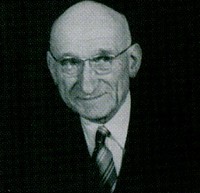 Robert Schuman, one of the fathers of the European Union and the author of the declaration of May 9th, 1950, (which is generally considered to have laid the foundations for the European Union), was born on June 29, 1886 in Luxembourg-Clausen, from a father of Lorraine and a mother of Luxembourg. He stated: “It is not by accident that the idea for a steel, iron and coal community has come from a boy from Luxembourg, whose parents lived through the war”.
Robert Schuman, one of the fathers of the European Union and the author of the declaration of May 9th, 1950, (which is generally considered to have laid the foundations for the European Union), was born on June 29, 1886 in Luxembourg-Clausen, from a father of Lorraine and a mother of Luxembourg. He stated: “It is not by accident that the idea for a steel, iron and coal community has come from a boy from Luxembourg, whose parents lived through the war”.Your e-mail address is only used to send you our newsletter and information about the activities of Strasbourg Europe. You can always use the unsubscribe link included in the newsletter.
Information Center
on the European Institutions (CIIE)
Europe Direct Information Center
All rights reserved to the CIIE
Non-profit organization
Mailing address
1 allée Kastner
67000 Strasbourg
France
Visitors entrance
8 rue Boecklin
67000 Strasbourg
France
To provide the best experiences, we use technologies such as cookies to store and/or access device information. Consenting to these technologies will allow us to process data such as browsing behavior or unique IDs on this site. Failure to consent or withdrawing consent may adversely affect certain features and functions.
Europe Direct network
The CIIE team
Contact information and opening hours
Lieu d’Europe
The CIIE offices
Contact us
CIIE’s Documentation Centre & Publications
School presentations & Activities
Borrowing of learning material
Activities for the general public
Institutions of the European Union in Strasbourg
Institutions Under the Authority of the Council of Europe
Other European Organisations in Strasbourg
Sessions of the European institutions in Strasbourg
Visiting the institutions
Map of the European district of Strasbourg
Institutions in Strasbourg in photos
Discover artistic Europe
National holidays of the member states of the Council of Europe